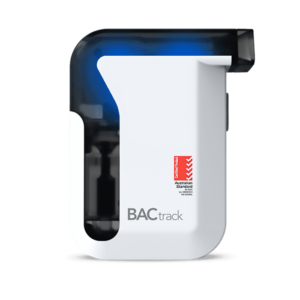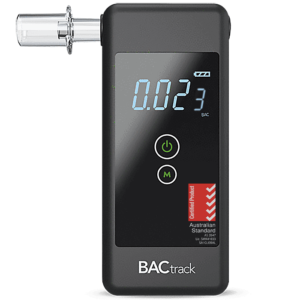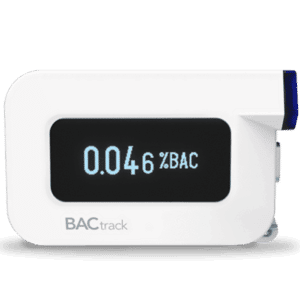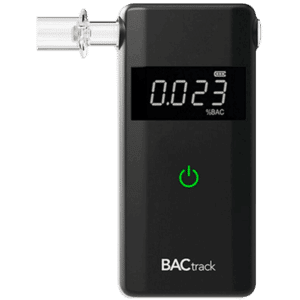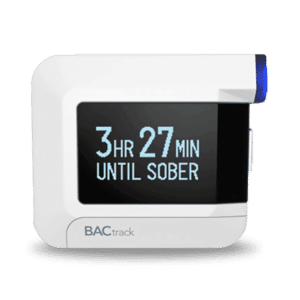Drugs and Alcohol in the Workplace: The Importance of Addressing the Issue
20 March, 2024

The consumption of alcohol and illicit drugs can affect job performance. Eventually, this can lead to workplace health issues and safety risks. Thus, employers must address the use of drugs and alcohol in the workplace. It is essential because it hampers productivity. Moreover, it can have grave consequences for both the individual and the organisation. Australian workplaces with an alcohol and drug policy, including education programs, can help prevent substance abuse. Also, this creates a healthier work environment.
Employees under the influence of alcohol or drugs can have impaired judgement, coordination, and decision-making abilities. Consequently, this can result in workplace accidents and injuries, endangering everyone. Hence, it is an unsafe work practice to allow Australian workers to continue with their tasks while they have illicit substances in their system. The following sections will present the effects of drugs and alcohol at work, the importance of addressing this issue, and the strategies for detecting the substances.
Effects of Drugs and Alcohol in the Workplace
Knowing the effects of drugs and alcohol in the workplace is essential. Substance abuse compromises the safety and well-being of employees. Additionally, it undermines productivity and performance. When employees are under the influence, their judgment and decision-making abilities are impaired, leading to increased accidents and injuries. This can be especially detrimental to those in safety-critical positions.
Moreover, the impairment from alcohol or drugs can result in absenteeism, tardiness, and decreased motivation among workers. Ultimately, this affects the overall functioning of the company. Also, excessive intake of alcoholic beverages and illegal drug usage can lead to negative workplace relationships because it can cause conflicts, misunderstandings, and a lack of trust among colleagues. Subsequently, this can create a toxic work environment that hinders collaboration and teamwork.
Furthermore, individuals who misuse prescription medications and abuse other substances may struggle to concentrate, make mistakes, and exhibit erratic behaviour. In some cases, the consumption of alcohol and drugs can lead to theft, dishonesty, and other unethical behaviour in the workplace. In summary, substance use has far-reaching consequences at work. Thus, they must be addressed promptly.
Impact of Drugs and Alcohol on Employees
- Alcohol and drug consumption can impair cognitive function. Consequently, this leads to poor concentration, memory, and problem-solving skills.
- Substance misuse can result in frequent absences from work due to hangovers, illness, or legal issues related to drug or alcohol use. Then, this disrupts workflow and puts an additional burden on coworkers.
- Drugs and alcohol can impair coordination and judgment, increasing the risk of harm like accidents and injuries at work.
- Employees with alcohol or drug impairment can incur various health problems, including liver damage and mental health disorders. These issues often require medical attention and contribute to higher healthcare costs.

Importance of Addressing Drugs and Alcohol in the Workplace
Addressing drugs and alcohol in the workplace is of utmost importance in maintaining a safe and productive environment. Substance abuse affects health and well-being. Also, it hampers their productivity and jeopardises the safety of fellow employees. Addressing this issue allows employers to implement preventive measures. As a result, this promotes a healthy work environment.
Having a proactive approach towards the response to workplace alcohol and drug use can significantly reduce the negative impact on employees and the business. Providing education and awareness programs enables employees to understand better the risks associated with substance abuse. Additionally, these equip them with the knowledge to make better choices. Such programs can also help eradicate the stigma surrounding addiction, encouraging individuals to seek help and support.
Establishing a drug and alcohol policy has been a common workplace practice to help address substance use concerns. It outlines the expectations and consequences of using illegal drugs, misusing prescribed medications, and consuming excessive amounts of alcohol at work. Having a workplace policy supports the maintenance of a drug- and alcohol-free environment.
Employee and Employer Obligations
Employees have a responsibility to maintain a substance-free workplace. They must know and adhere to the drug and alcohol testing policy. Also, they should understand that any form of drug or alcohol consumption during work hours or while on company premises is strictly prohibited. Additionally, they should report incidents related to substance use to their supervisor or the appropriate authority.
Meanwhile, employers must provide a good work environment. They should address drug issues and promote responsible alcohol consumption. Moreover, they must consult a health and safety representative to develop and implement a comprehensive testing policy to ensure the well-being of everyone.

Strategies for Detecting Drugs and Alcohol in the Workplace
Strategies for detecting drugs and alcohol in the workplace are crucial for maintaining safety. Employers must implement proactive measures to identify potential substance abuse issues and protect their employees. One effective strategy is regular drug and alcohol testing. Conducting random or scheduled screenings can deter workers from using illicit substances while on duty. Medical practitioners can check for abuse in urine, saliva, blood, hair, and breath samples.
Another essential strategy is the utilisation of supervisor training programs. Managers and team leaders should have the necessary knowledge and skills to recognise signs of substance abuse. Training sessions must focus on understanding the physical and behavioural indications of substance use and the appropriate steps to take in such situations.
In addition, implementing an anonymous reporting system can significantly assist in identifying substance use at work. Employees who suspect their colleagues of substance abuse can report their concerns without fear of retaliation. This system encourages a culture of accountability and transparency. Furthermore, it allows companies to investigate potential issues discreetly. These strategies are especially essential in rail transport and mining occupations.
Implications of a Non-Negative Result
When a medical practitioner detects illicit substances in biological samples, the non-negative result can have significant implications. For employees, such an outcome can lead to disciplinary measures, damaged professional reputation, and termination. These can directly impact their livelihood and future career prospects.
On the other hand, employers also face implications when dealing with non-negative drug and alcohol testing results. A non-negative outcome can pose potential risks regarding workplace accidents, reduced productivity, and compromised employee performance. These lead to legal consequences, financial losses, and damage to their reputation. They may need to implement stricter drug or alcohol policies and conduct additional testing.
Conclusion
Drugs and alcohol in the workplace have detrimental effects on the individuals using them and the overall productivity of the organisation. Substance abuse leads to absenteeism, decreased quality of work, and a higher risk of accidents. The reason is that illicit substance intake can result in poor health and impaired cognitive function, making it difficult for employees to perform their job duties effectively. Addressing the issue promptly can create a safe and healthy work environment through policies and programs.
Employers can detect the usage of drugs and alcohol at work through various strategies. One of these is by substance tests. They can choose from different testing procedures. These include urine, saliva, blood, hair, and breath screens. Additionally, they can establish supervisor training programs and anonymous reporting systems. Through comprehensive strategies, employers can protect the well-being of their employees, enhance job performance, and uphold the integrity and reputation of their organisation.


















